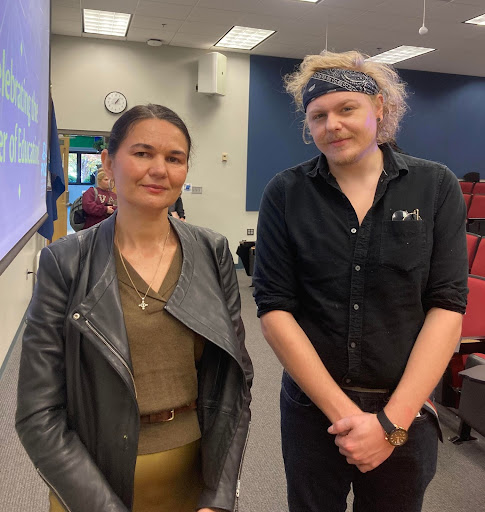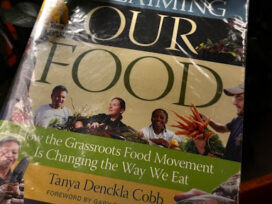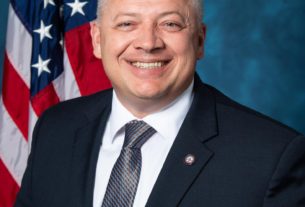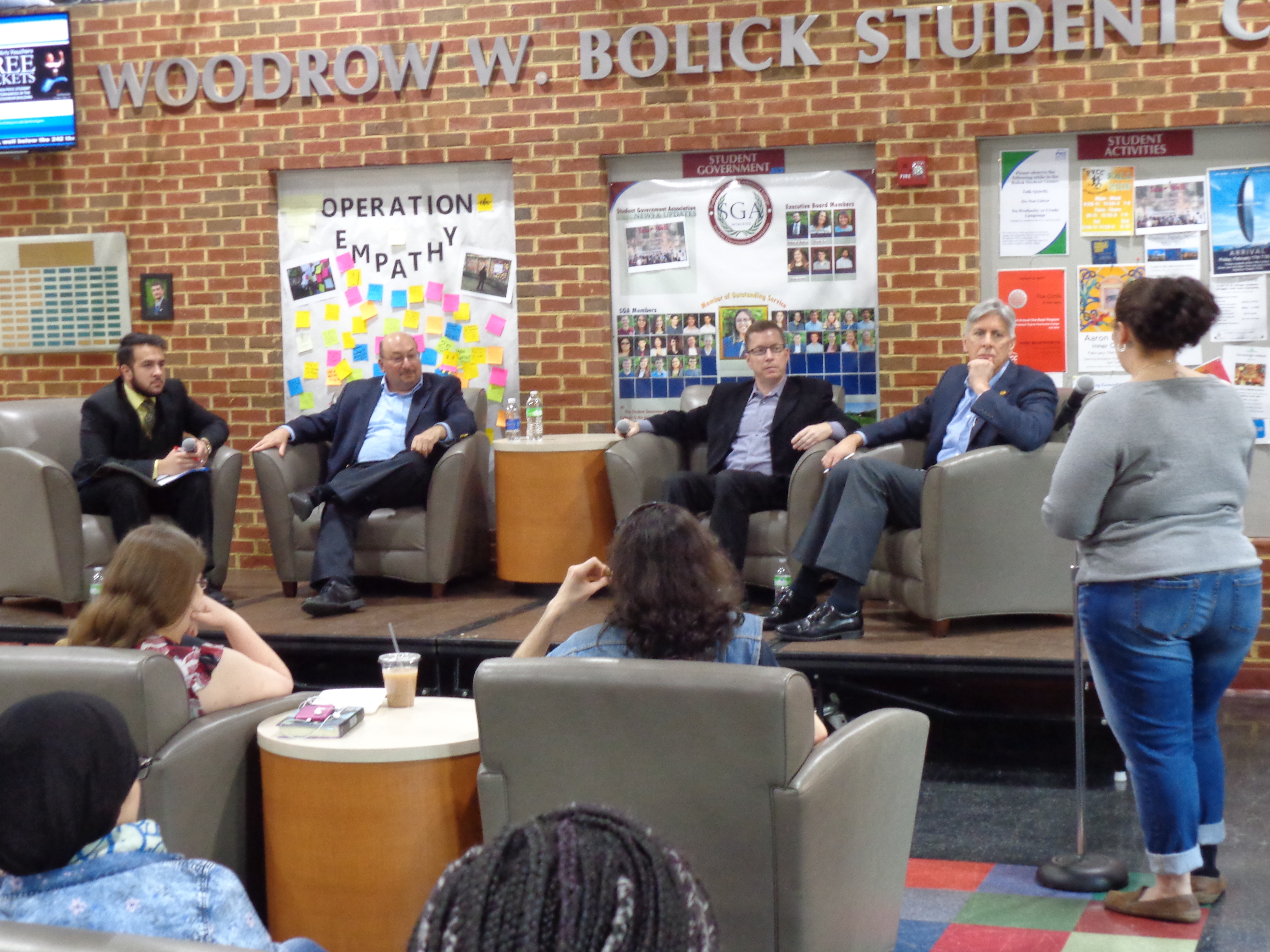
PVCC Alumna Speaks about Russo-Ukraine Humanitarian Crisis
On Monday, Oct 24, PVCC hosted a presentation by Tatiana Yavorska-Antrobius, a PVCC alumna and Ukraine-born artist and humanitarian worker. The multi-talented woman returned to the United States from a humanitarian trip to Ukraine a week before the event was held. In that week, she was involved in a car wreck which left scars on her back and arms via concussive force. This opening anecdote of hers set the tone of the serious substantive discussion about the logistical and humanitarian side to the Russian annexation of Ukraine.
This anecdote was not anticipated but her firm, honest portrayal of the incident was connected to the matter of the war due to the universal fragility of life presented. “Life has unexpected moments, everywhere,” she said. Indeed, her analysis of the turbulent history of Ukraine’s borders yielded a sense of universal chaos as it pertains to life and its events.
Her assertion about the gravity of the conflict was clear, she said, “We like to say it isn’t World War III but it really is. It’s an international conflict now, and has been.” Her primary points on the subject of the war were on matters of logistics and civilian fatalities. Logistically, the natural gas and other primary energy reserves were annexed from the area by Russia, along with all ground gained. This matter was highlighted by specific figures and maps corresponding to areas annexed. The point of this maneuver has been to choke out the energy supply of the Ukrainian military regime and to subdue the reserves for the civilian population.
The second point of logistics covered was that of the Ukrainian agrarian reserves, both in raw food supply and usable land. Yavorska-Antrobius presented a series of updated graphics and data related to the reserves and the correlation of strategic strikes of food supplies done by the Russian invading force. These tactics have made Ukraine, a region once relatively well stocked in bread and grain, reserves now in a state of caloric crisis for many people both in and out of the military. It is important to note that these tactics are not unprecedented in armed conflict, but as the speaker detailed, the focus on civilian suffering is what makes the actions of the Russian military complex or “Unacceptable” in her words.
Yavorska-Antrobius showed the visual shift of Ukraine’s border throughout the centuries, starting with the Mongol invasion and going into the beginning and intermediate stages of the Russian Empire, with Ukraine being a constant center of invasion and annexation. This detail highlighted the continuous plight of the national identity for the Ukrainian people. A series of photos showed leveled civilian buildings, broken beyond repair. The intent both implied and tangible, was the destruction of local and civilian infrastructure to ease annexation and future subjection.
Towards the closing of the presentation, she touched on the importance of global humanitarian efforts. “Thinking in terms of national boundaries is important but it can dilute things,” she said. The chaos of the war and global events is now a main characteristic of civilian life. Just as her anecdote involving her tragic car accident was an unexpected shock that yielded an uplifting story, the continuation of the events between Russia and Ukraine will yield a necessity for more humanitarian involvement.






